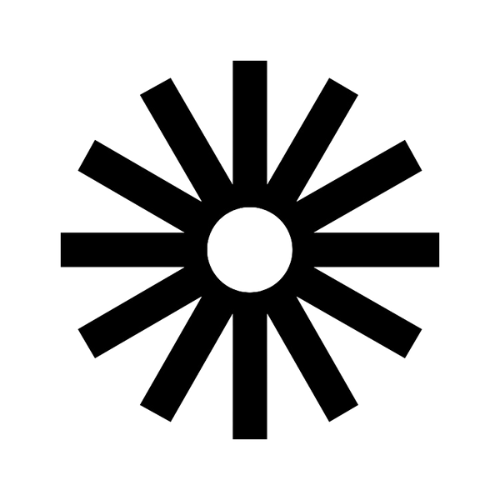“You only lose what you cling to”
This quote is commonly attributed to the Buddha, but it seems its true origin is unknown. While it sounds Buddhist in nature, it’s also similar to something that Jesus said in the Bible.
This story might seem pointless at first, but bear with me… This one time, I was on Asos.com looking to buy a new pair of trousers.
I’m terrible at making spontaneous online shopping decisions, so I was browsing for quite a while.
Finally, I found the perfect pair of trousers and they were available in my size. It was late at night, so I just saved the trousers in my cart and told myself I’d complete the purchase in the morning.
The next morning, I loaded up the Asos website, clicked on my saved items and – shock, horror – the trousers had sold out overnight. I remember feeling a deep sense of loss in that moment.
Why didn’t I just buy them the night before?
What am I going to do now?
How could Asos sell MY trousers when I’d saved them for ME?
Can you identify with this story and this feeling of loss?
The reality is, those trousers weren’t mine. But for some reason, I felt entitled to them. I was clinging to them as though they would fill a void in my life. It was only by clinging to those trousers that I was able to lose them, to experience the suffering that comes with loss.
Now, this is a trivial example. But we also cling to things that can have more serious consequences and invite more serious suffering.
We cling to our jobs, our wealth, our status in society.
We cling to our friends, partners, lovers.
We cling to our ideologies, beliefs, political affiliations.
We cling to the like count on our Instagram page.
We cling to our feelings, good and bad.
The quote says that we only lose what we cling to.
What it really means is we’re only capable of losing things that we hold on to.
If we were to understand that nothing in this life is ours, nothing is permanent, we’d be less inclined to cling to things. We’d see them more objectively for what they are – things, experiences, feelings, people.
Nothing is yours. Everything just is.
It’s a hard concept to get your head around, but if you can start to see how you cling to things in your own life, you can start the difficult process of letting go.
Want to get The Now in your inbox? Sign up here.



